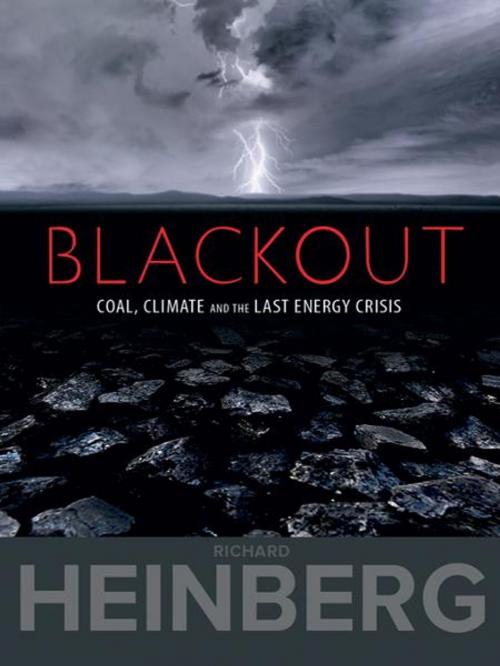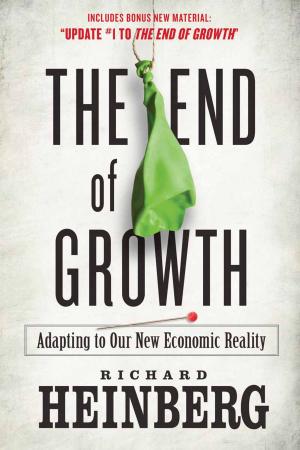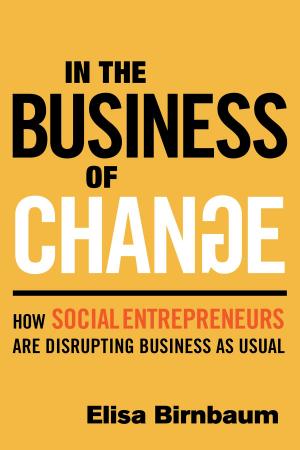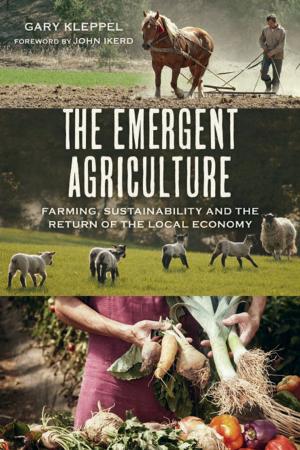| Author: | Richard Heinberg | ISBN: | 9781550924299 |
| Publisher: | New Society Publishers | Publication: | April 1, 2009 |
| Imprint: | Language: | English |
| Author: | Richard Heinberg |
| ISBN: | 9781550924299 |
| Publisher: | New Society Publishers |
| Publication: | April 1, 2009 |
| Imprint: | |
| Language: | English |
Coal fuels about 50 percent of US electricity production and provides a quarter of the country's total energy. China and India's ferocious economic growth is based almost entirely on coal-generated electricity.Coal currently looks like a solution to many of our fast-growing energy problems. However while coal advocates are urging full steam ahead increasing reliance on the dirtiest of all fossil fuels has crucial implications for the global climate energy policy the world economy and geopolitics.Drawbacks to a coal-based energy strategy include: * Scarcity new studies suggest that the peak of world coal production may actually be less than two decades away. * Cost the quality of produced coal is declining while the expense of transport is rising leading to spiraling costs and increasing shortages. * Climate impacts - our ability to deal with the historic challenge of climate change will hinge on reducing our coal consumption in future years.Blackout goes to the heart of the tough energy questions that will dominate every sphere of public policy throughout the first half of this century and is a must-read for planners educators and anyone concerned about energy consumption peak oil and climate change.
Coal fuels about 50 percent of US electricity production and provides a quarter of the country's total energy. China and India's ferocious economic growth is based almost entirely on coal-generated electricity.Coal currently looks like a solution to many of our fast-growing energy problems. However while coal advocates are urging full steam ahead increasing reliance on the dirtiest of all fossil fuels has crucial implications for the global climate energy policy the world economy and geopolitics.Drawbacks to a coal-based energy strategy include: * Scarcity new studies suggest that the peak of world coal production may actually be less than two decades away. * Cost the quality of produced coal is declining while the expense of transport is rising leading to spiraling costs and increasing shortages. * Climate impacts - our ability to deal with the historic challenge of climate change will hinge on reducing our coal consumption in future years.Blackout goes to the heart of the tough energy questions that will dominate every sphere of public policy throughout the first half of this century and is a must-read for planners educators and anyone concerned about energy consumption peak oil and climate change.















